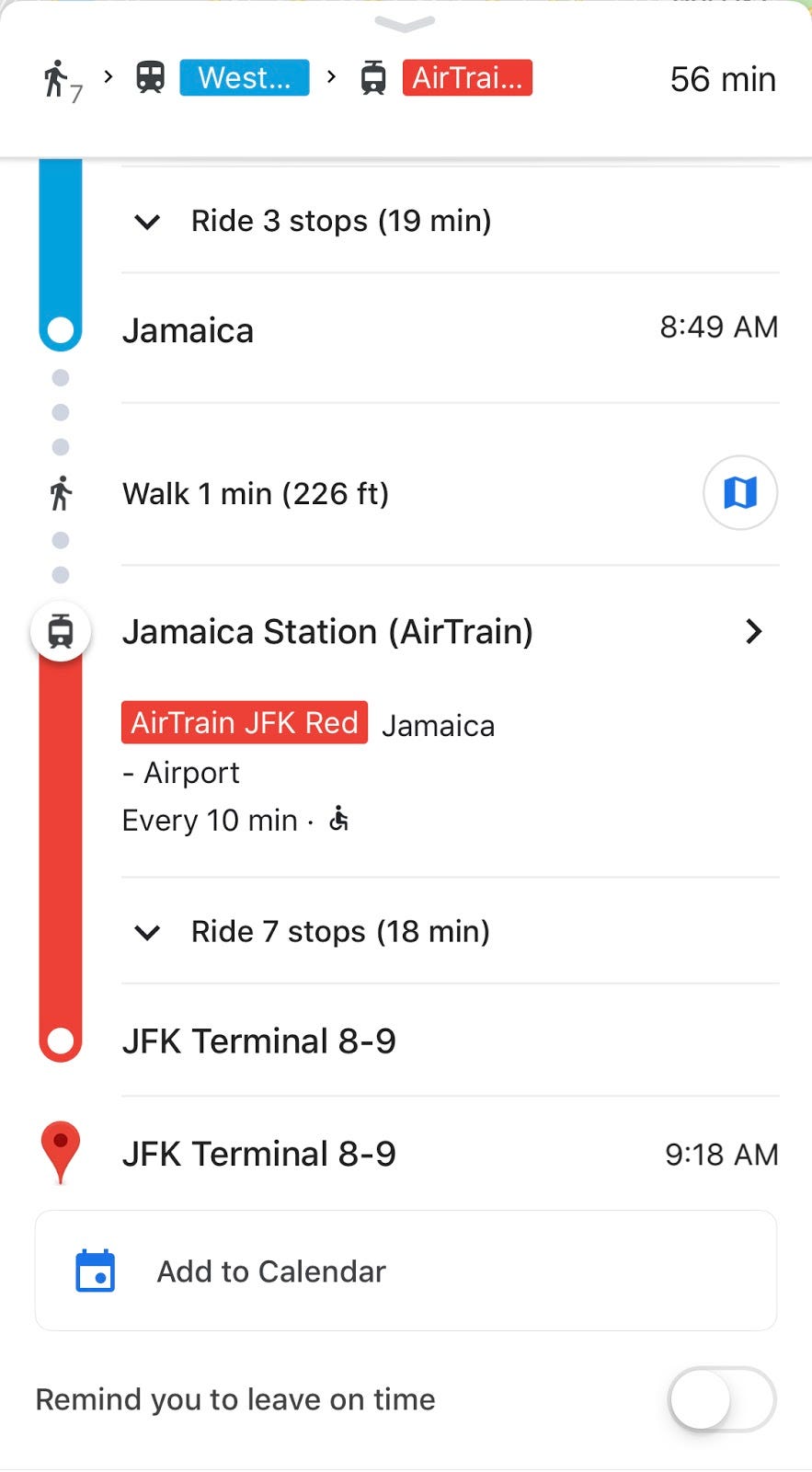
Why is this interesting? - The Business Class Edition
On airlines, basic economy, and the possibility of unbundling business class
Colin here. I’ve been thinking a lot about airline pricing, and watch out for a longer Skift column coming from me on this very topic.
The current state of air travel has been pretty well-documented at this point. Every week brings another story of the indignity of being a passenger on US domestic airlines. While there’s no excuse for dragging people off planes or staff mistreatment, one of the things you’ll notice is that the bulk of the complaints are focused on the big three of Delta, American, and United.
That’s because carriers like Spirit and Southwest in the US, Easyjet in Europe, and AirAsia have put significant pricing pressure on legacy players. These airlines have stripped down experiences in exchange for low prices. The big guys have followed suit in the name of “consumer choice”. Their “basic economy” fares follow the model built by the low-cost trailblazers, making overhead space, seat choice, and boarding order an upsell. The difference between the two is how clear they make this value exchange. For Spirit and Easyjet, they’ve never existed as anything else, and anyone buying a ticket knows the deal. The big guys, on the other hand, are still stumbling their way through this transition. In the end there’s no problem with stripped down fares as long as the trade-offs are clearly disclosed to the consumer on both the main websites of the airlines as well as aggregators like Expedia.
Why is this interesting?
While seats in the back of the plane are being sold for parts, the front of the plane has largely been immune to pricing innovation other than an expanded footprint. Airlines make their margins with company-paid businesses fares and they’re loathe to mess with the model. But I actually think they could take some clues from what they’ve done in the back of the plane. Mainly there’s an opportunity to offer up a basic business fare: just the seat, nothing else. With a price tag that reflects what you’re getting, it could be a good monetization strategy that, if messaged right, would be an ace up an airline’s sleeve.
Emirates recently did just this quietly, launching on a few routes, making good on a statement their CEO, Tim Clark, made back in 2016 where he floated the idea of unbundling their business product.
Most Emirates business fares come with a chauffeur driver ride to the airport, decadent lounges, and lots of other fat on the figurative bone. But for a lot of frequent travelers, the currency is not how many movies can be watched or shrimp cocktails can be consumed, but rather how many hours of decent sleep can be had to function in a meeting in Dubai or beyond the next day.
By stripping down some fares, it’s very interesting to see that Emirates is giving their higher end passengers the choice that has been shown to economy passengers in other categories. To be sure, the “special” fares they are offering cut out a lot: everything from the ability to accrue miles faster to the aforementioned lounge access and beyond. But, as long as this messaging is clear up front, it works.
And when we zoom out and look at the industry, there’s very much a follow-the-other dynamic. It typically manifests in the colluding towards mediocrity, which the US carriers do in lock step when devaluing status and awards programs. But with this move, which I would argue is actually a customer-centric one, expect lots of other airlines to follow the suit in the coming 1-2 years. (CJN)
Feature of the Day:
Yesterday I was checking the train schedule for my flight out of JFK and noticed two really useful things in Google Maps: Add to Calendar and Remind me to Leave On Time. I’m not sure how long both have been around, but excited to discover them. They’re at the bottom of the directions. (NRB)

Quick Links:
Beer prices are dropping. “Over the last six months, the average price of beer, ale, and other malt beverages away from home has dropped 0.5%, according to US Bureau of Labor Statistic data. This marks the first six-month period since 1997, when the US government began tracking the category's Consumer Price Index, that the cost of beer in bars and restaurants has dropped instead of growing.” Also see: WITI 5/2 on alcohol alternatives. (NRB)
When you make helium super cold very strange things start to happen. (NRB)
I feel like there might be a missing piece of information in this story about La Liga, the Spanish soccer league that features Real Madrid and Barcelona, deploying an app to covertly report whether users were watching illicit streams at bars. “The La Liga app — designed to offer results online and provide information on first- and second-division teams — incorporates other features, such as using the microphone to capture the sound of broadcasts and, via algorithms similar to those Shazam employs to detect a song, deduce whether the customer is watching a soccer game. Since the app also uses the geolocation of the user, it can check whether the place where the game is being watched is playing an illegal stream.” Apparently the app asked for microphone permission, but didn’t tell the user why. The league is being fined by the Spanish data protection authority. (NRB)
Thanks for reading,
Noah (NRB) & Colin (CJN)








